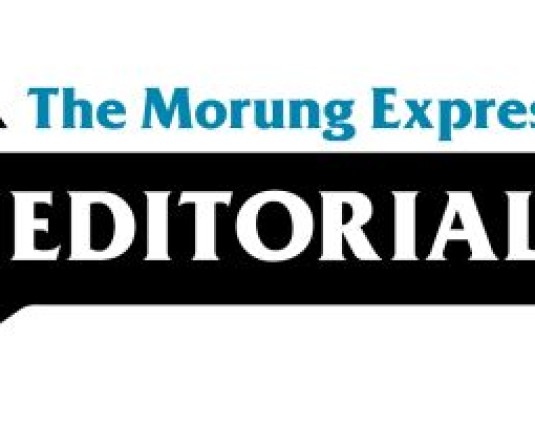
Moa Jamir
The recent notification by the State Election Commissioner (SEC) on April 29, outlining the 'Election Programme' for the conduct of general elections to 3 Municipal Councils and 36 Town Councils in Nagaland, marks a significant step forward after years of ensuring progressive women's participation in governance and decision-making processes. The election will be held on June 26, as per the schedule, following years of imbroglio, including the repeal of the earlier Nagaland Municipal Act (NMA), 2001, and the passing of a new Act on November 9, 2023, along with judicial interventions.
With no opposition voices heard thus far, there is hope that the 'Election Programme' will proceed smoothly this time around, without any complications, given the tumultuous history of Urban Local Bodies (ULBs) issue in Nagaland. The genesis can be traced back to the constitutional mandate provided by the 74th Amendment Act of 1992, which stipulates 33% reservation for women in local governance bodies.
In Nagaland, however, elections to the ULBs under the Act could not be held fully in 2004 and in toto in 2008, 2012, and 2017 due to opposition from many quarters regarding the earlier NMA 2001, including clauses on taxes and the mandated 1/3 reservation of seats for women. In 2017, there was widespread agitation and bandhs across the State led by various tribal bodies and organizations when the election schedule was announced, resulting in a change of guards in the top political executive and loss of lives.
After some limbo, the most twists and turns were perceptible in 2023 when facing pressure from the Supreme Court, the SEC on March 9 announced plans for ULB polls for May 16. However, citing “stiff opposition” by tribal bodies, civil society organisations (CSOs), and most sections of society, the Nagaland Legislative Assembly passed a resolution on March 28 repealing the NMA 2001. On September 12, a new Municipal Bill was introduced, and on November 9, the NLA passed the new Nagaland Municipal Bill 2023 with a provision for 33% reservation for women in ULBs. The new Act omitted the taxation clauses.
As reflected in this column before, till 2023, Nagaland had no women legislators in the State Assembly elections, while only one has successfully contested the Lok Sabha in 1977. Representation and platform, including village polity, for women to participate were impossible due to prevailing societal and institutional mechanisms. While a barrier was broken in 2023 with the historic direct election of two women to the State Assembly, there still persist various obstacles for their active political participation and decision-making.
Against this backdrop, the significance of ULB elections with women's reservation cannot be overstated in a state where political representation for women has historically been limited. It represents a crucial opportunity to address historical inequalities and provide a platform for marginalised voices to contribute to societal progress.
Thus, it should not be looked at through the myopic lens of gender politics and other stylised arguments. Rather, all stakeholders must actively engage in this democratic exercise and ensure that it enables a genuine level-playing field, not mere tokenism and politics based on the old dispensation.
For any feedback, drop a line to jamir.moa@gmail.com






